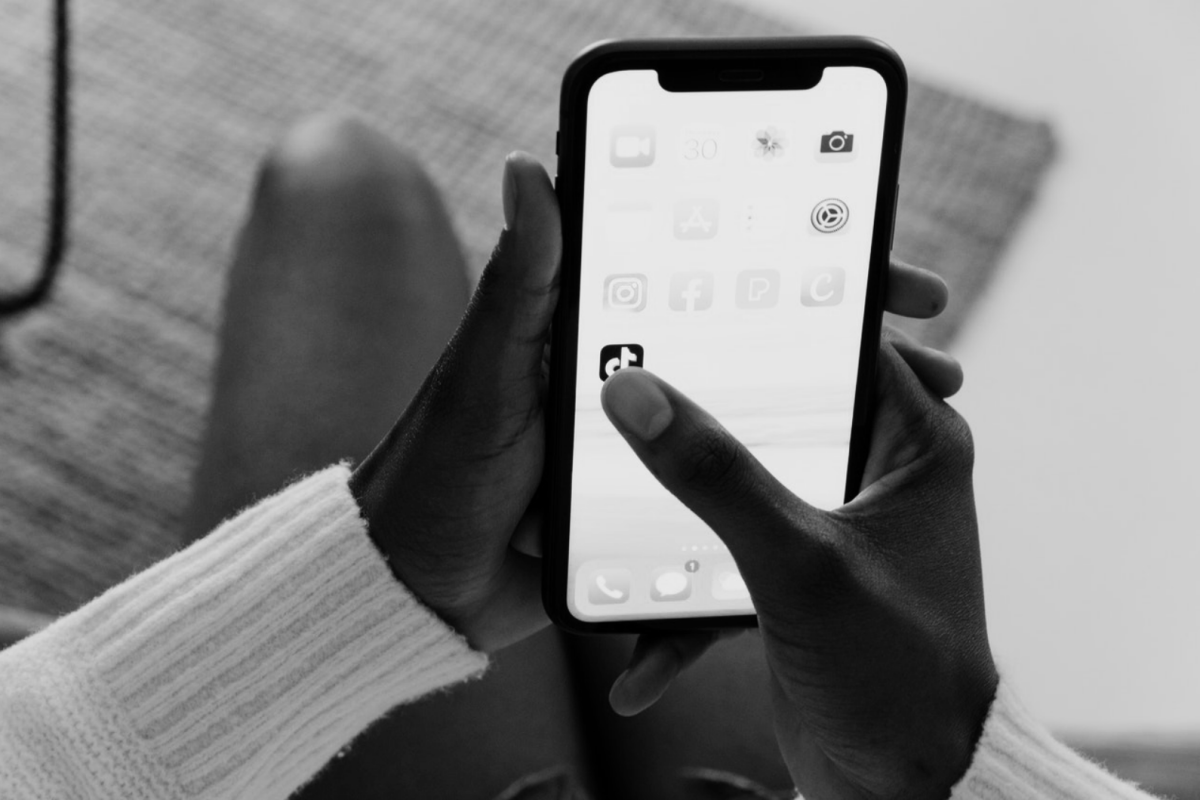Sidwell’s restrictive cell phone policies are beneficial to students’ focus and cause neither unnecessary stress nor consequences. Rather, preventing the use of cell phones in a learning environment allows students to give their full attention to academics. Cell phones often tempt students to browse social media or message friends, and these activities are counterproductive and distracting when done in the classroom. Additionally, the school’s prohibition of cell phone use in all academic buildings encourages students to focus on their schoolwork or socialize in person during their free periods and breaks. As teachers enforce this policy by confiscating students’ phones used in academic buildings throughout the school day, students can distance themselves from online distractions and be more productive. However, students who need to make necessary calls or texts may always go outside and do so, as teachers understand students’ occasional need to contact parents or friends.
Furthermore, many faculty members are often lenient when students ask to use their phones for school purposes within the school building, suggesting that as long as students are focused on their schoolwork, they are unlikely to face penal consequences.
Students are naturally inclined to entertain themselves throughout the school day, but permission to use phones at any time would be inappropriate in this academic environment. Increased cell phone access would undoubtedly result in students cheating on in-class work, searching the internet for solutions and filming lectures, leading to a reduction of students’ ability to develop ideas on their own without the aid of technology.
Research also shows that phone usage reduces focus and productivity, as social media is highly addictive. Students with access to phones during class and school hours have shown less ability to focus on academic work and therefore learn material at a slower rate. If students were allowed to use their phones in class, it would be difficult for them to resist checking them or scrolling through social media due to the addictive nature of social media.
Students’ main focus should be on the content of their classes in order to maximize their education and development. In addition to worsening their academic performance, students using their phones in class would easily distract other students by not being fully present and engaged in class.
Finally, Sidwell’s cell phone policies encourage students to interact with each other during breaks, rather than students turning to their devices for entertainment. School provides students the opportunity to interact with their classmates without the use of technology, helping students improve social skills.
Overall, Sidwell’s restrictive cell phone policies help students concentrate and do not cause excessive stress or repercussions. Banning the use of cell phones in an academic environment forces students to devote their full attention to schoolwork rather than social media. Additionally, social media’s addictive nature makes resisting the temptation to access it during class difficult, and Sidwell has adequately regulated phone usage to ensure students’ best focus. Thus, preventing phone use in academic buildings is essential to help students concentrate, helping students pay attention to schoolwork and therefore increasing their chances of academic success.










































